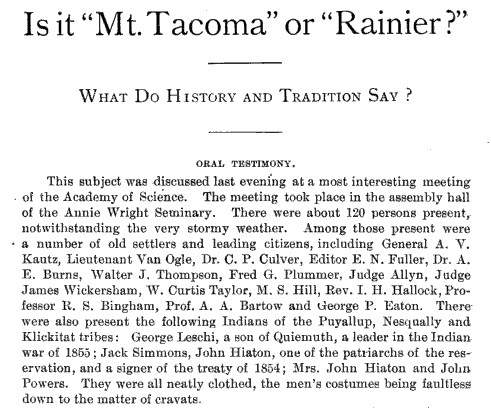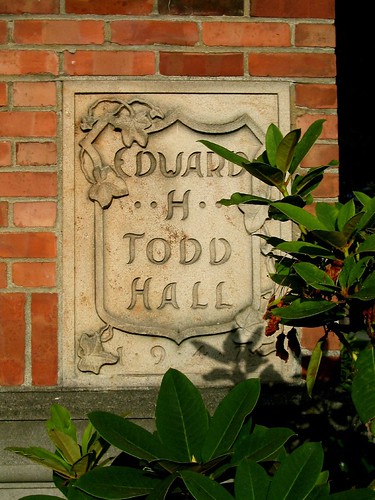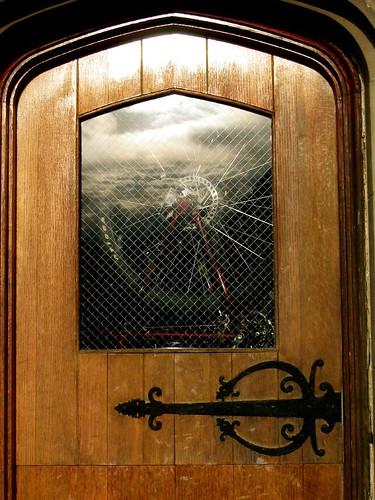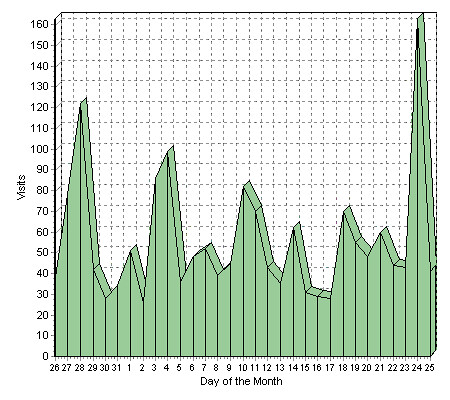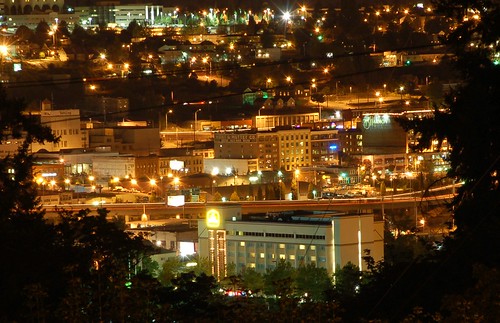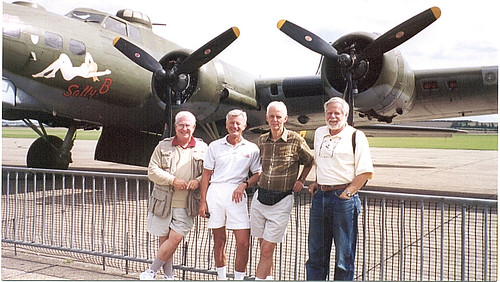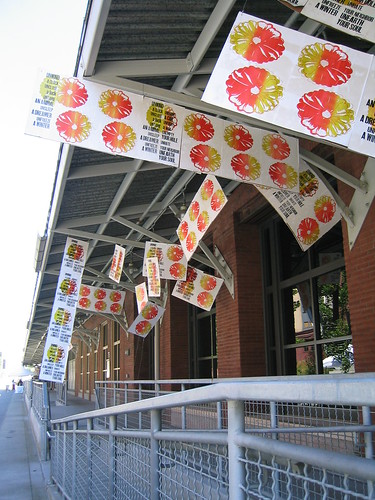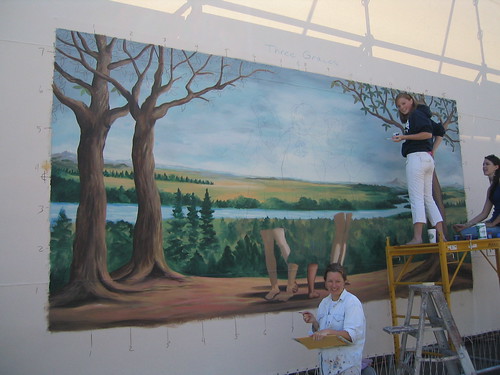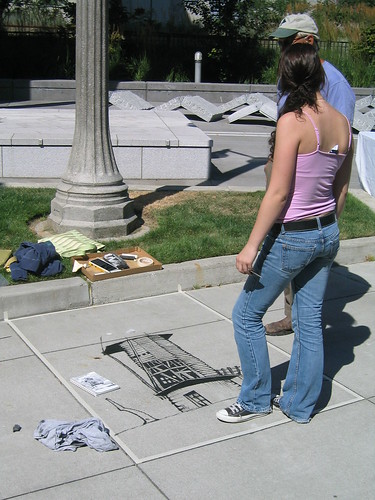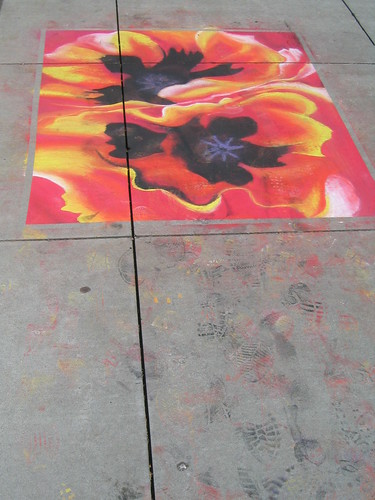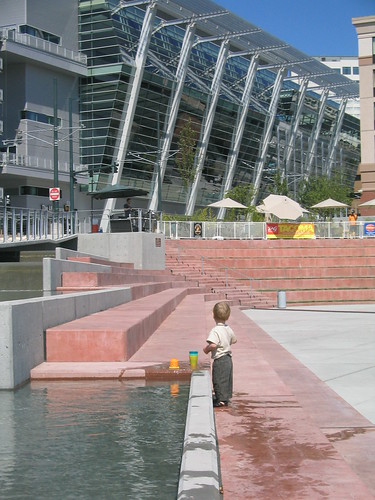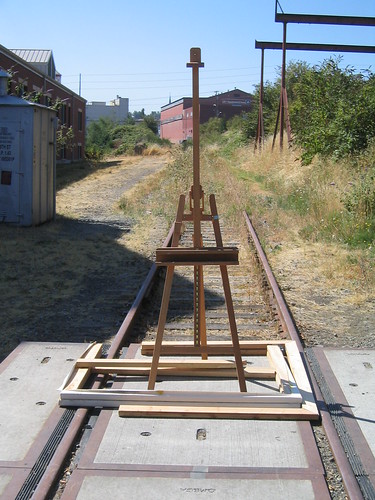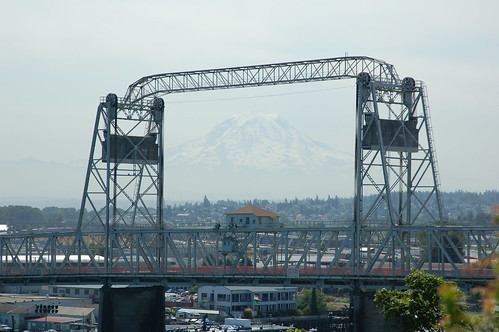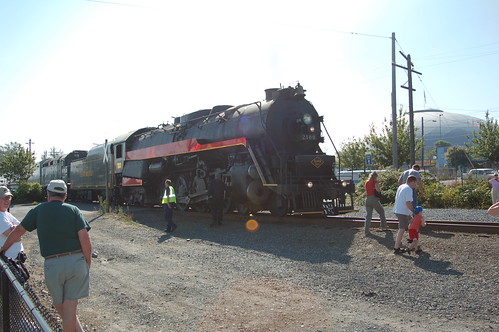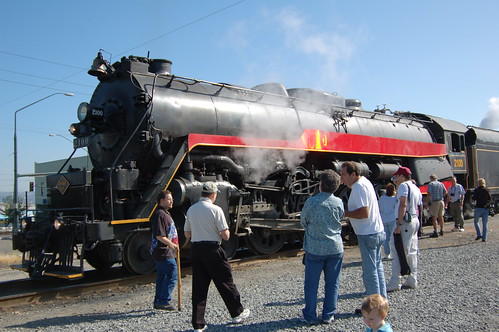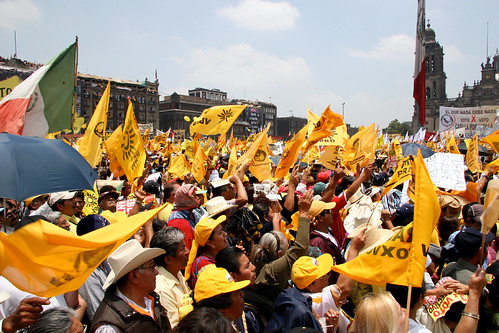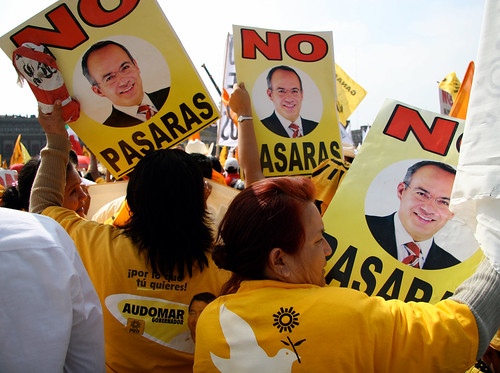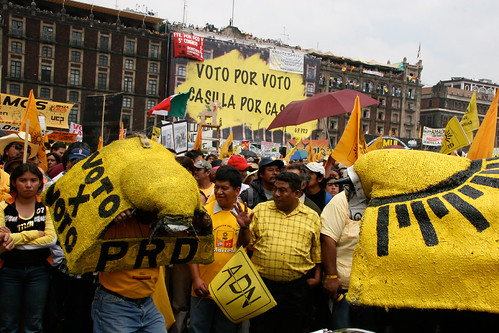I've mentioned before that UPS has one of the highest rates of Peace Corps volunteers among small liberal arts school in the nation (ranked #5, after Dartmouth, Wesleyan, Chicago, and Gonzaga). So, I hear a lot about folks who have just headed out, are in the midst of a stint, or recently returned. Ashley Mills '05 has begun her training in Thailand, and has sent several interesting emails recounting her experiences. I'll let her speak for herself:
...For the last month I have pretty much been on no sleep. In the beginning of July, PC 118 (which is my group in Thailand) descended upon the resort town of Cha-am for two weeks of sleepless nights, fun at the beach, wonderful breakfast buffets that contained real bread (I had forgotten what wheat bread looks like, but let me tell you- it’s still delicious) and cereal (corn flakes? What are those again? I never knew they could taste so good), hot showers, and of course, much needed language and technical training….
It is very interesting for me to be over here for two years and to spend two years of American holidays with Thais. PC doesn’t observe American holidays; I only get Thai and Buddhist holidays off, which means that I work the 4th of July, Thanksgiving, and Christmas, unless they happen to fall on a weekend. The 4th being my first real holiday away from home, I was very apprehensive as to what it was going to be like. I love the 4th- I love bbqs, spending time with friends and family, eating good food, and the reading of the Declaration of Independence (maybe that is just my family). This year my 4th was very different. I had to work all day, but in the evening, PC made up for in its own way. PC arranged for us to have a huge dinner buffet full of spaghetti, biscuits, mashed potatoes, and cake (a weird combination, I know- but I couldn’t have been happier). We then had sparklers and all sang American songs. It was great- we were all sharing a bit of our culture, which I guess is the main reason we are here. Sure, I might be here to train some teachers and teach some English and better my community, but if I can get my community to see the United States, and especially American women, as more than the images that they see in the movies…then my time here will have more successful than I ever could have imagined. However, the funniest part was seeing the look of horror on the Thais faces when they saw the American food.
Thais love to eat- they eat all the time. 5 meals a day is not uncommon here. And most Thais only like Thai food- they think their food is the best, so why would they try anything else? They eat Thai food for breakfast, lunch, and dinner. Every day they see me cook and they tell me that my food is disgusting. My food is not spicy enough for them, not sour enough for them, not sweet enough for them- it is simply not delicious to them. Even though the PC volunteers thought the food was delicious, the Thais looked horrified by food set before them. I have never seen so many thais run for the hot sauce at once…
…I am hoping to get a radio show started at least once a week where I try to incorporate HIV/AIDS education. In addition to teaching the teachers English, I am going to start teaching the nurses at the health center English, and hopefully start tutoring kids after school. One of my biggest overall goals for my community, however, is to get some sort of youth program started.
There are no programs for youths in my community; except for the schools, there is nothing to educate the youth about drugs, safe sex, or to give them life skills except for the schools (and the schools are lacking in most areas). After school, students hang out on the street corners and drink or do drugs. It is not uncommon to see drunken 15 year olds riding on scooters after school. Many of my students come from broken homes where their parents are prostitutes or drug dealers and get married at around 15 or 16. It is only mandatory(and free) in Thailand for them to attend school until 8th grade- after that they have to pay if they want to continue on. I would love for my community to have a safe place where the youth can go and learn life skills and maybe realize that they have other options in life than getting drunk or getting married at 15. The problem is making this dream a reality…always tricky…
